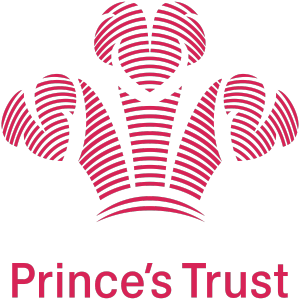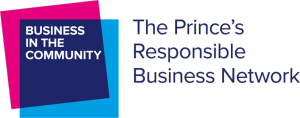
Questions young people want answering when applying for jobs
Are you attracting the next generation to your company and job vacancies?
We have put together a list of the top questions young people want answering when they are browsing a company website and job or careers page.
This list has been validated by our peer panel who have added their own comments on the topic.
Download the guide
Questions young people want answering when applying for jobs
Seconds to engage
Your website has seconds to engage someone and less than a minute to retain their attention to keep them from bouncing off your site.
Remember, young people, are born into the digital world and are used to fake news. They expect companies to evidence what they are looking for and expect the company’s to be explicit and upfront about what it’s like to work there.
Peer panel comment
“A trait I value most in companies is authenticity. If a company lives and dies by a set of stated values, I would like to see how that has been evidenced within the company.” – Peter
Support not hurdles
The best companies recognise that inexperienced young people need to be supported to make a good application rather than apply the hurdles and obstacles used to test or filter out experienced candidates.
If the process of applying or job information does not meet a young person’s expectations then a company can miss out on the best candidates.
Even some first-class degree students do not have the work experience that many job adverts suggest you need to work. This could mean a wealth of knowledge and talent is being overlooked. Leaving young people caught in the old catch-22, no experience, no job.
Peer panel comments
“When I see the role and requirements outlined, I think it would be interesting to see how the requirements apply to each task. Yes, we all need to say we’ve got GCSEs in Maths and English, but it’d be nice to know how they will be applied to this role (and if those five years of algebra endurance were worth it).” – Peter
No feedback is not acceptable
Young people don’t know what they don’t know. This means that when a young person first starts applying for jobs they are full of hope and optimism. But when company’s do not state when feedback will be available then a young person’s resilience and mental wellbeing soon starts to wane.
Peer panel comment
“When it comes to the job information, we expect to see; what we will experience in the role, what job progression there might be and the stages of the application process with rough dates/times of when feedback and a decision will be given.” – Sarah
“Ideally, a job should give some idea about where a career could lead if you stick with the company, giving people a further reason to stick by you.” – Peter
Mobile first
We know that 80% of young people will go direct to your website to find out more about you as a company regardless of where the job was first advertised.
73% of candidates of all ages will apply by mobile (source: REED).
Candidate behaviours are changing rapidly and it’s important for businesses to keep up to date with these moving trends.
Ensuring your website is mobile friendly is just one way to retain browsing candidates and stop them from clicking on to a competitors website instead.
Final commentary from our peer panel:
“The application process is naturally the biggest barrier between an applicant and any job. It is designed to thin out candidates down to (potentially) just one person, and so young people do not expect it to be easy. However, what we do expect from the offset is:
- Transparency: Every stage that will occur should be stated from the outset. To me, businesses that outline each stage, I immediately perceive as more professional. That’s because it shows they have a clearly defined recruitment process, which I can then look at and assess whether I think I want to do
- Relevance: Naturally you want to reduce the number of candidates and therefore some organisations take the step of introducing arbitrary stages that don’t reflect any skills relevant to the role. However, when people fail at stages that they perceive as not relevant to the role, it leaves a bitter taste in the mouth. A helpful thing to do would give one or two short sentences at each stage (whether it be during the online process, telephone interview or assessment centre) and explain what skills are being looked for and how they relate to the role
- Timeline: When applying for any one job, people still have a life outside of that job application. Therefore, it’s important to set at least rough timelines for every stage, even if you think they’re subject to change. For example, when I submit an application, when can I expect to hear back by? When does the job opening expire? In what week are you holding interviews? I want to be as informed as possible so that we be assured we can follow this process to the end.” – Yannis
Download the guide
Questions young people want answering when applying for jobs
Do you know how to meet and match young people’s expectations?
Get all the answers to the questions young people want answering by becoming Access Generation Accredited.
This annual assessment will highlight if your attraction and recruitment processes are accessible and supportive for young people. Plus, our peer panel will keep you up-to-date with insights into what young people want from an employer.















